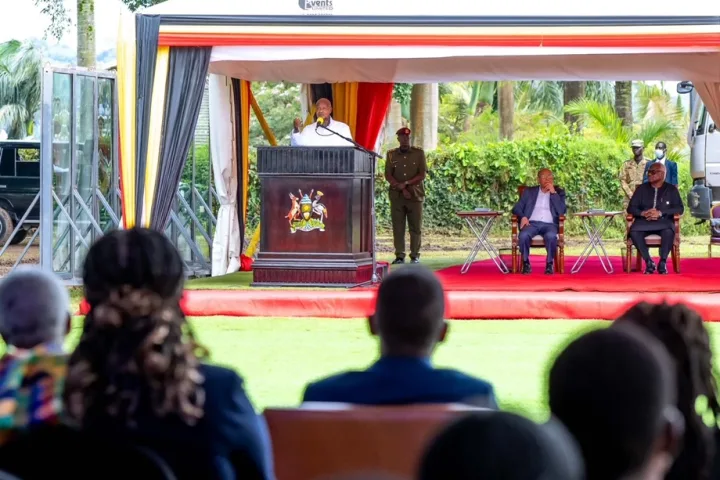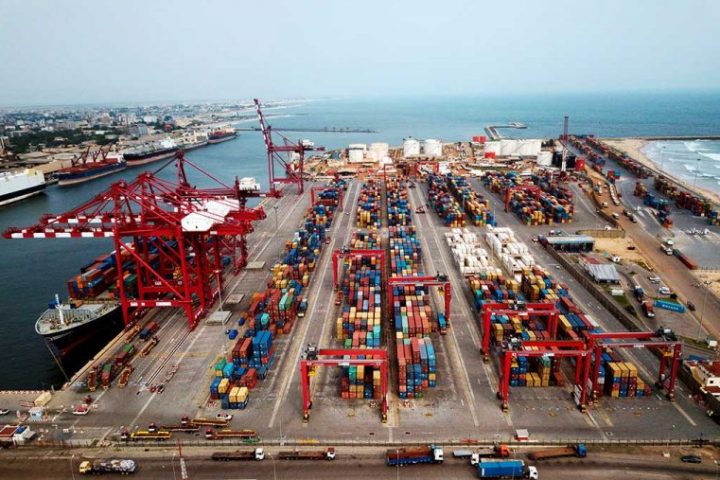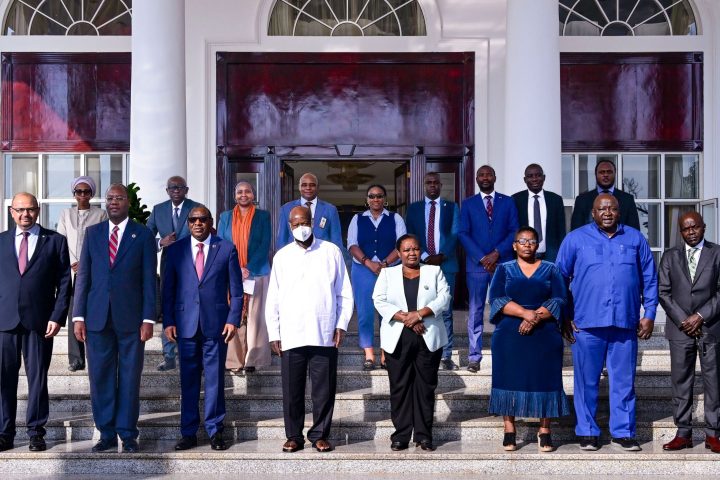In a bid to fortify Africa’s economic landscape and foster sustainable development, the African Development Bank (AfDB) Group has initiated tailor-made programmes aimed at enhancing institutional capabilities for robust macro-economic management and public policy governance.
This initiative seeks to expedite inclusive growth and align with the objectives of Agenda 2063.
Join our WhatsApp ChannelProf. Kevin Chika Urama, the Chief Economist and Vice President of Economic Governance and Knowledge Management at the AfDB Group, unveiled these initiatives during the launch of the Benchmark Macroeconomic Models for Effective Policy Management in Africa Report held in Addis Ababa, Ethiopia.
“This report is an outcome of collaborative efforts between the AfDB, the African Development Institute, and the African Economic Research Consortium (AERC), and signifies a move in fulfilling our Capacity Development Strategy approved by the AfDB Group Board of Directors in 2021,” Prof. Urama stated.
READ ALSO: AfDB’s Adesina Differentiates Between Africa’s Fastest Way Out Of Poverty, And Into Wealth
Highlighting the significance of the report, Prof. Urama emphasized that it evaluates existing models and their applicability to the diverse economic structures across the 54 African nations.
“Macroeconomic models serve as crucial tools for comprehending and forecasting economic behaviors, analyzing policy options, and guiding implementation strategies,” he added.
However, Prof. Urama underscored the prevailing challenge: the limited macroeconomic modeling capacity within African countries, leading some to rely on external models that may not align with their specific economic realities.
“While progress has been made in macroeconomic management, there’s a persistent reliance on simplistic models that fail to capture the complexities of today’s globalized economies,” he explained. “This reliance on external models often hampers effective policy implementation.”
He further stressed the importance of indigenous models aligned with national realities, affirming, “Strengthening capacity in macroeconomic modeling is critical to inform better policy responses, implementation, and evaluation.”
Concluding his remarks, Prof. Urama affirmed that the report identifies the macroeconomic modeling needs across African countries while establishing cooperation protocols for effective macroeconomic policy management in the region.
The launch of these programs marks a step toward empowering African nations to tailor policies conducive to their unique economic contexts, fostering sustainable development and growth.
Emmanuel Ochayi is a journalist. He is a graduate of the University of Lagos, School of first choice and the nations pride. Emmanuel is keen on exploring writing angles in different areas, including Business, climate change, politics, Education, and others.



















Follow Us